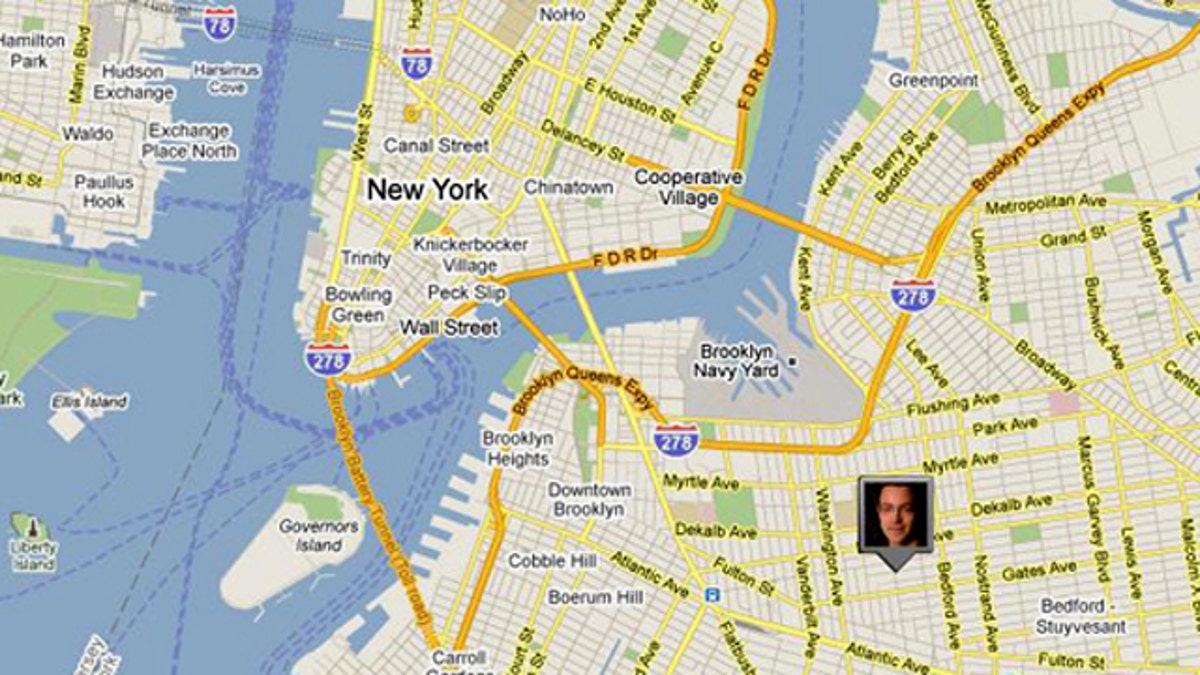
Through programs like Google Latitude and GPS trackers, parents can keep closer tabs on their kids than ever before. But is that an invasion of privacy or a parent's right? (Google)
As they head off to school, a growing number of students are being carefully tracked -- not only by their teachers in class, but by their parents at home.
Family monitoring software is coming out of the woodwork. From communications companies such as Verizon and AT&T to tech giants like Google, software to track children via GPS satellites can keep parents worry free and happy. But are these apps just a natural evolution of modern society, where technology is integrated deep into our lives, or do they take things too far?
Meghan Harvey is a mother of two in Livermore, California, who says it's all about peace of mind. "You just never know," she said. "In the safest of situations, something could happen whether it be a kidnapping, stranger danger, getting hurt or anything like that, and you want to keep track."
After putting GPS devices in her kids backpacks, Harvey logs onto Life360, one of a dozen family monitoring services that, for a fee, lets her follow along virtually as her husband walks 7-year old Patrick and 5-year old Cheyenne to school. Harvey can then check in on all of them throughout the day. "It's just making sure they got where they were supposed to be -- end of story."
Hardly, say critics.
Some argue that family tracking apps could create a false sense of security: suppose a child becomes separated from the device that's supposed to be tracking her, for example. And Internet privacy experts caution that if mom can see a map of her kid's whereabouts, so can someone else.
Rebecca Jeschke with the Electronic Frontier Foundation says that before a parent decides to try this technology, they need to ask some hard questions of the company that's offering it.
"They need to know what kind of information is being gathered. How long is it being kept. Who has access to it. When is it going to get deleted," Jeschke cautioned.
Life360 C.E.O Chris Hulls acknowledges the advent of GPS family tracking raises new moral and legal issues, but he argues that tracking kids electronically will soon be the norm.
"It's beyond just saftey," Hulls said. "Every single electronic device is soon going to have a location associated with it, and that brings up a whole host of new products as well as concerns. But it really is a new world, and parents are adopting this technology at a very quick rate."
Parents may be adopting the technology. But whether kids like Patrick and Cheyenne will like being tracked as teenagers remains to be seen.
